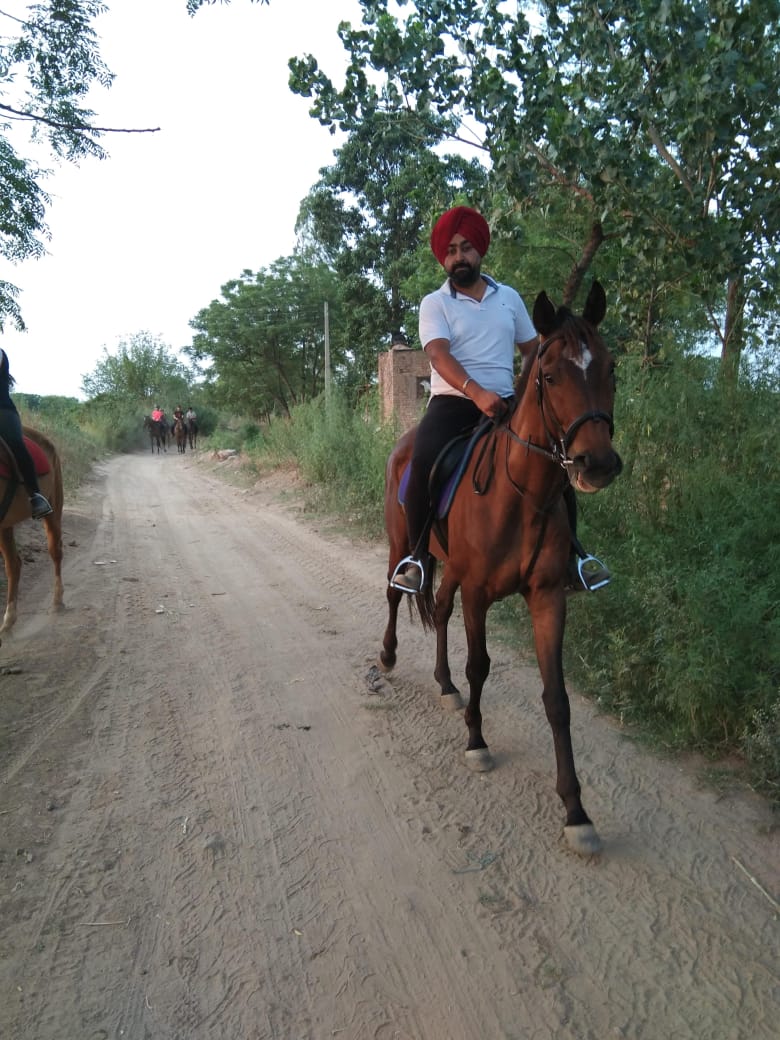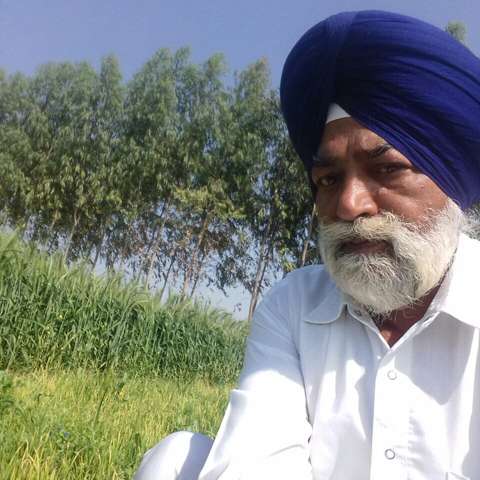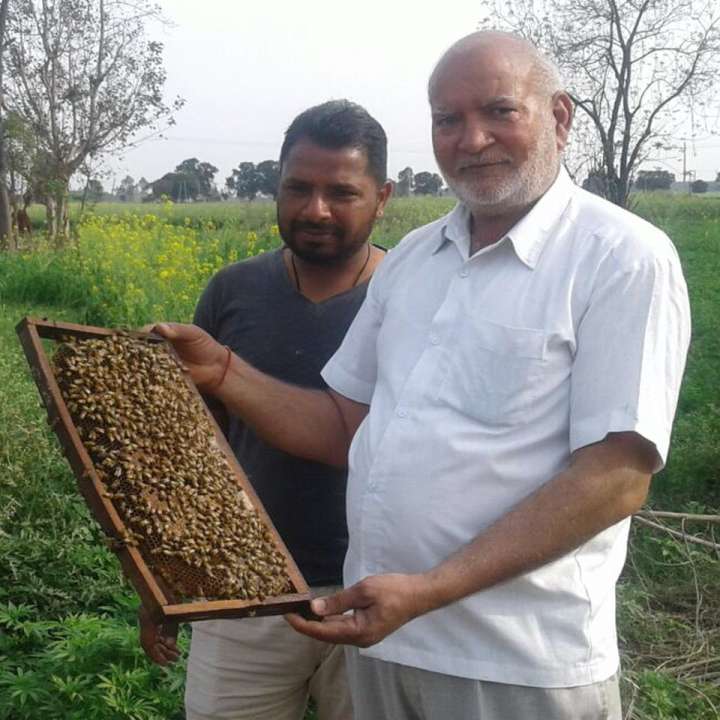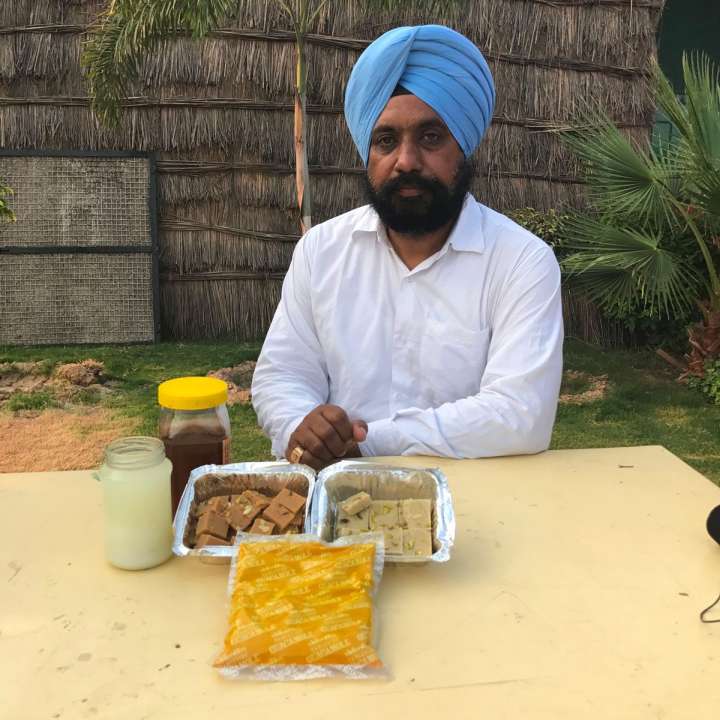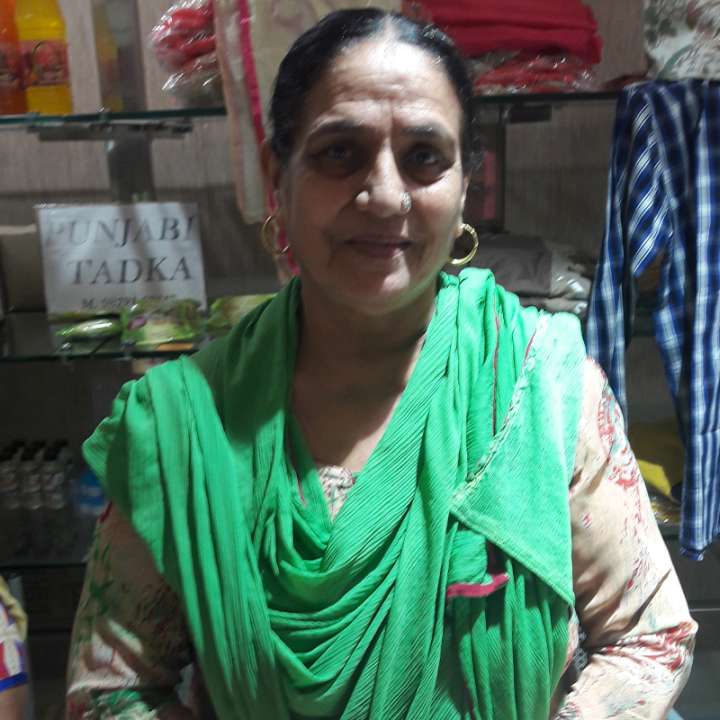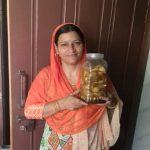Harpreet Singh Bajwa, A young animal lover fulfilling the dreams of horse-riding enthusiasts.
Horses are considered to be man’s favourite animal from the very beginning. In ancient times, horses were the only means of transportation. Even today, there are many animal lovers who consider animals as an important part of their lives.
This is the story of one such animal lover, Harpreet Singh Bajwa, who has made his own Horse- Farm due to his love for animals.
Harpreet Bajwa, a resident of Kharar near Mohali in Punjab, belonging to the Military family, was practicing horse riding from the age of 10-11 years. Harpreet’s grandfather and father have served the country in Military and practiced horse riding there. Harpreet was also fond of horse-riding since childhood.
After studying his B.Com and being in a military family, he was getting trained for the job in Military with the intention of serving the country. In the meantime he also learned horse riding. But for some reason, he did not succeed for Military and started working in Delhi and Mohali for 10-12 years.
During the course of a job, we have to do things that our heart does not allow. So I have always wanted to do something different and to my liking. – Harpreet Singh Bajwa
With horse riding at a young age and almost 20 years of experience in equestrianism, Harpreet wanted to turn his hobby into a reality.
As it is said, the passion of horses is very expensive. This is why many horse enthusiasts maintain a distance from this occupation, due to higher costs. Similarly, being from an ordinary family, Harpreet could not do more, but with the money he saved during his tenure, he decided to start a horse farm.
I have always wanted to do something that would satisfy my mind. Because of my love for horses and horse riding, I decided to open a farm for horses. – Harpreet Singh Bajwa
There are several areas that require horse riding to get involved. For this purpose, he took land on lease. It costs him around Rs 7-8 lakh to start the farm. He named this farm as DKPS. Harpreet Singh Bajwa named this school after his parents’ name- Davinder Kaur and Parkash Singh. In this farm, he had horses of the Throw bread Breed. Throw bread Breed is a breed of horses that is considered the best for racing.
Currently he have 5 mares and 1 horse in the farm. Earlier, interested ones in horse-riding came up to his farm, which included children and the elders. The fees for horse riding in this farm is also low, which is why a number of people come to learn horse-riding even today.
Equestrian enthusiasts at my farm are from age 7 to age 50. Babbu Maan, a famous Punjabi singer, usually comes for horse-riding at my farm. – Harpreet Singh Bajwa
Harpreet also prepares his school children to participate in various horse racing competitions. His school children have participated in many regional and state level competitions and have won many awards.
A horse is such an animal that has its own heart and mind. The horse-rider explains the horse with his gestures. We teach all of these skills to our horse-riders at our school. – Harpreet Singh Bajwa
Harpreet’s decision to open a horse school is a very commendable decision, as those who cannot afford to spend a lot of money learning horse riding can fulfill their wish through DKPS.
Harpreet wants to create a better and healthier generation by training horse-riding.


